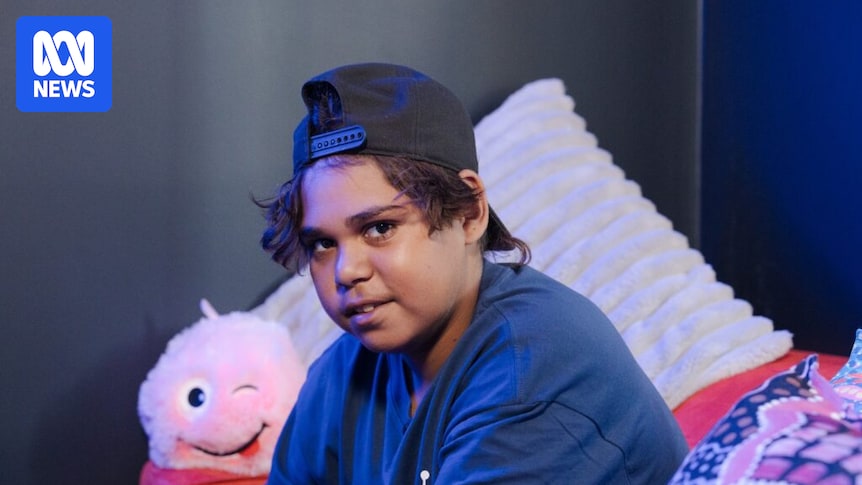Prime Minister Anthony Albanese says Australia’s landmark social media ban is about protecting the wellbeing of children.
But when ABC News attended a drop-in youth centre working with some of the country’s most vulnerable children and teenagers,…

Prime Minister Anthony Albanese says Australia’s landmark social media ban is about protecting the wellbeing of children.
But when ABC News attended a drop-in youth centre working with some of the country’s most vulnerable children and teenagers,…